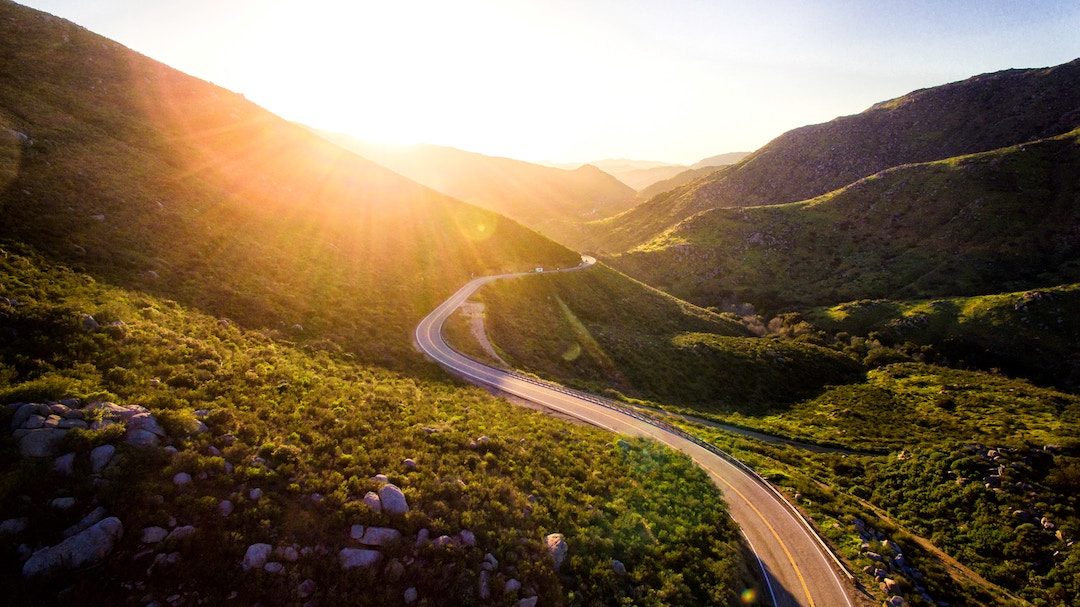I recently had the privilege and pleasure of returning to the library I visited every Saturday as a kid. My mom is the library director there, and she asked me to do an author event. I readily agreed. With a crowd of old school friends, old teachers, and strangers, I talked about my journey from small-town girl to published author.
I came from humble beginnings, but I always knew I wanted to be an author. I soon learned that people like me—the poor—weren’t supposed to be authors; we were supposed to be workers, not creators. We were supposed to try harder to pull ourselves from the cycle of poverty, and creative work wasn’t real work. We were supposed to accept our lot in life and go about our business if not happily, then at least diligently.
Though she didn’t divorce my father until I was eleven, my mother spent most of my childhood as a single mom, while my dad was away working a job that didn’t provide her any money. Money was tight. She was creative and stretched it as far as she could. She worked two jobs to do it. But she always seemed able to provide me with an endless supply of stapled-together white paper and sharpened pencils. I ran through these blank “books” rapidly, writing and illustrating stories very similar to Little House on the Prairie, (though the drawings were nowhere near the quality of Garth Williams’s illustrations).
In middle school my English and Reading teachers recognized something me. They told me I was good at writing, and that made me think maybe I could do it. In high school my teachers affirmed that gift, inviting me to enter writing competitions, publish in small magazines, and develop my skill in big and small ways. I got a full scholarship to college on the strength of my entrance essay, which my high school counselor encouraged me to write.
I speak out often on behalf of the poor—about their need for support, the complicated circumstances that keep them stranded in lack, the way we are all different even while we share the same seams of a story. And any time I speak about it, old high school friends come out to say, “Yes, but you made it out. Why can’t they?”
I made it out; why can’t they?
It’s a difficult question to answer, and, of course, there are never simple answers to any questions. I made it out because I hailed from different circumstances—I had a mother who believed in me and told me every chance she got. I made it out because I had the right personality; I’ve always been tenacious, even while carrying a good measure of self-doubt, and that helped me climb from the pit (not without a few falls, but I’ve never been one to stay down for long). I made it out because all along my way I had someone calling me higher—people who loved me and wanted the best for me and believed I could actually accomplish it.
My making it out was a group effort; I am not who I am—did not become who I am—alone. I am who I am because of the people in my life.
Every situation is different, which means I can’t say for certain why someone can’t climb out of their own poverty pit. Poverty is a cycle for a reason; many don’t have the support or fortune to pull themselves up by the bootstraps, as the saying goes. Many don’t have bootstraps at all; they fell off a long time ago.
I often tell people that I feel as though I was swept along in a tide that I could not control and could not stop, as if there was something invisible carrying me to where I am now. For me, that tide is God; for others it is, perhaps, a coincidence. A lucky streak. A fortunate turn of events. I am not here to argue; I only know that I have become because of a long line of people believing in, supporting, and encouraging me to become.
And today, as any other day, I feel incredibly grateful that I never walked alone. And I think, as I so often do, about those who are alone. I hope we can find them and give them what my helpers gave me: hope, identity, and a way out.
This is an excerpt from We Count it All Joy, a book of essays. For more of Rachel’s writings, visit her Reader Library page, where you can get a couple of books for free.
(Photo by Matt Howard on Unsplash)


